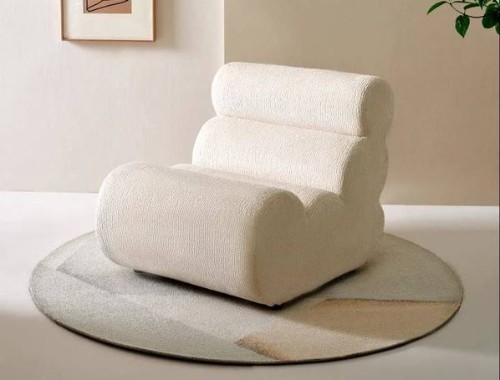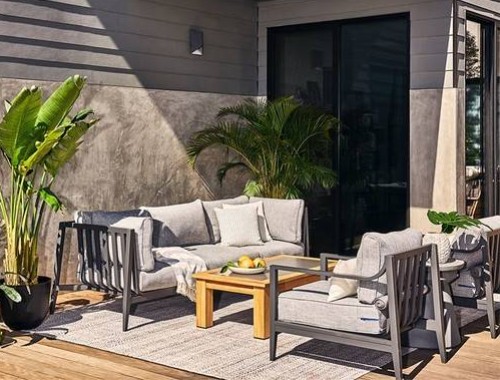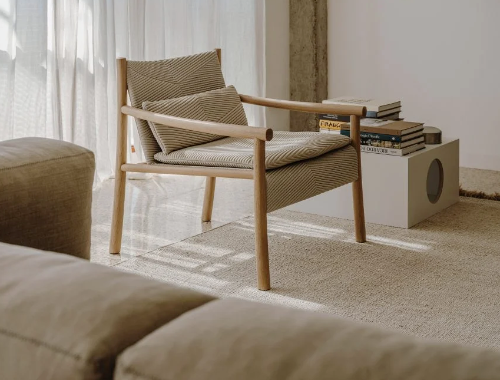Settlement payments an issue in antidumping case
Legal counsel representing Chinese and U.S. furniture producers have begun a war of words on what may become the latest contentious issue in the ongoing sunset review of the wood bedroom furniture antidumping case.
WASHINGTON — Legal counsel representing Chinese and U.S. furniture producers have begun a war of words on what may become the latest contentious issue in the ongoing sunset review of the wood bedroom furniture antidumping case.
The issue involves private agreements that allow Chinese furniture producers to pay settlement fees to U.S. furniture producers in order to escape an annual administrative review of their duty rates.
Such reviews determine whether the Chinese factories should be assigned a different, possibly higher duty on furniture they ship to the United States. By paying a settlement, the manufacturers can maintain their current duty rates, which can make them more competitive in the marketplace.
Squire, Sanders & Dempsey, a Cleveland-based global law firm representing the GuangDong Furniture Assn., said in an Aug. 23 brief it filed with the International Trade Commission - which is conducting the sunset review - that the petitioners and their Washington-based law firm, King & Spalding, charge settlement payments in exchange for agreeing to withdraw Chinese manufacturers from the annual review list.
The firm estimates that King & Spalding has collected between $50 million and $100 million in settlement fees to date. The filing did not estimate how much of that money goes to the petitioners, the group of U.S. manufacturers that supported the original antidumping investigation into the pricing tactics of Chinese producers.
Squire Sanders also states that by allowing these settlements, King & Spalding and the petitioners end up in effect administering the antidumping case, by determining which Chinese manufacturers will and won't be subject to review.
Peter Koenig, an attorney with Squire Sanders, declined to comment further on the Aug. 23 filing, or on another filing that claimed the petitioners weren't fully answering questions about the settlements on questionnaires issued by the ITC as part of the sunset review. The sunset review will determine whether to continue the antidumping duties on Chinese wood bedroom furniture for another five years.
Joe Dorn, an attorney with King & Spalding, denied the allegations.
"All the submissions contain wildly inaccurate allegations and suggest that Mr. Koenig's clients prefer not to address the relevant issues in a sunset review," Dorn said.
He also said that as of Aug. 25, Squire Sanders had not provided the Chinese manufacturers' completed questionnaires to the ITC and had not served his firm with copies of the documents. He said those questionnaires were due on July 23.
Furniture/Today first reported on the settlement agreements in 2007. The Aug. 23 Squire Sanders filing contains the first public estimate of the total value of the settlement payments.
The Department of Commerce, which oversees the administrative reviews, has denied any knowledge of such settlements. Dorn also has declined comment on the issue, citing the confidentiality of such agreements. A number of petitioners also have declined to comment on the matter.
But officials at Chinese factories and importers have told Furniture/Today in recent years that such payments have been made, and usually amount to a low single-digit percentage of the value of their wood bedroom furniture shipments.
The antidumping duties, which range from 0% to 216%, are the U.S. government's way of helping to level the playing field for U.S. manufacturers injured by what the government has determined to be illegally priced Chinese imports. A specific duty is assigned to each Chinese factory, and is paid by U.S. importers of record.
In a separate filing to the ITC Aug. 19, Squire Sanders also requested that King & Spalding not be allowed access to the Chinese responses on the ITC questionnaires. The filing said the Chinese producers fear that King & Spalding and the petitioners will use the information in future administrative reviews, determining who stays on and who is taken off the review list.
"The Chinese producers and exporters are (quite frankly) extremely worried about retaliation from K&S in the settlement process (conscious or unconscious) for their questionnaire responses," Squire Sanders said in the brief.
An ITC official told Furniture/Today that such retaliation would be a violation of Administrative Protective Order procedures. However, Squire Sanders said that has not eased the concern among its clients.
In a separate brief filed Aug. 23, King & Spalding criticized the Chinese producers for waiting until Aug. 18 to object to the disclosure of the questionnaire information. King & Spalding also said that denying it access to the information would be "inequitable and unprecedented" and would be unfair to its clients by not allowing the firm the information necessary to proceed with the sunset review.
The review is ongoing. One of the next major steps is an Oct. 5 hearing at the ITC in Washington. The ITC is expected to rule on the case in late November or early December.
-

Quanyou teamed up with the fashion brand ANNAKIKI to launch a new joint product!
-

Outer, an outdoor furniture brand founded by Chinese, enters the Australian market
-

National Bureau of Statistics: The retail sales of furniture in the first three quarters reached 120.5 billion, an increase of 20.7%
-

Enveloping lounge chairs and lightweight office chairs from Arper feature

 沪公网安备31010402003309号
沪公网安备31010402003309号



